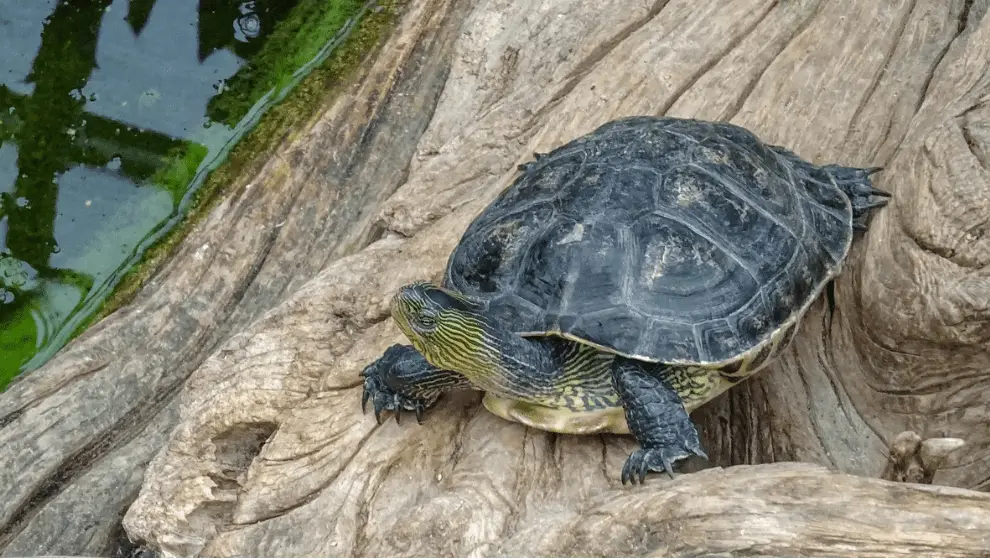
Hey, I live in the countryside with lots of pets including dogs, cats, horses and turtles. Yeah, I love pets and know how to keep this variety happy under the same shelter. I took my diploma in veterinary nursing and have been serving at a pet centre in my hometown since then. Pets make your life beautiful, enlighten a part of your soul and make you see far beyond what you have experienced before. I am here to make the relation between you and your pet much more strong. I will help you know how to deal with them in the best possible way, understand them and make them love you. Nothing will be more beautiful than your pet running in your lap when you step in after a hectic day, right. Moreover, I will also talk about all the grooming techniques and how you can manage everyday problems with your pets easily. Let us make our homes a better place for our pets to live in!








